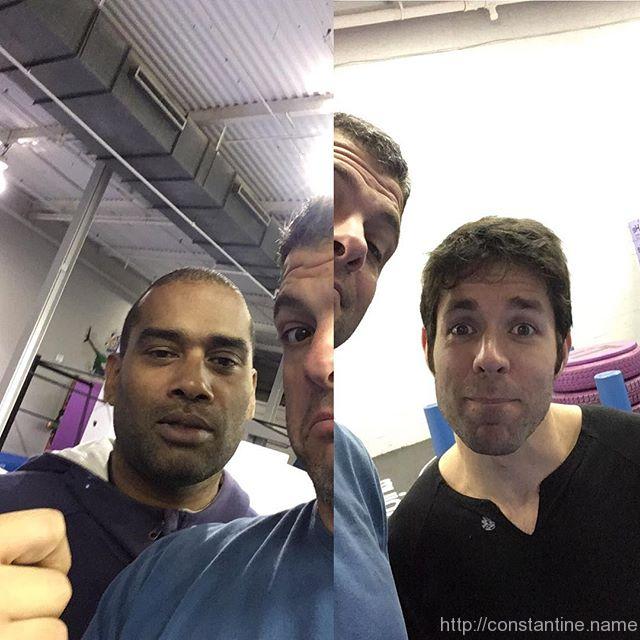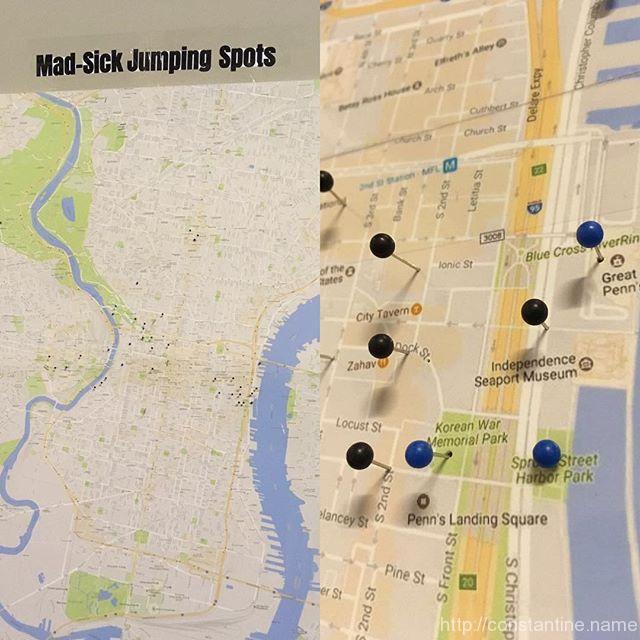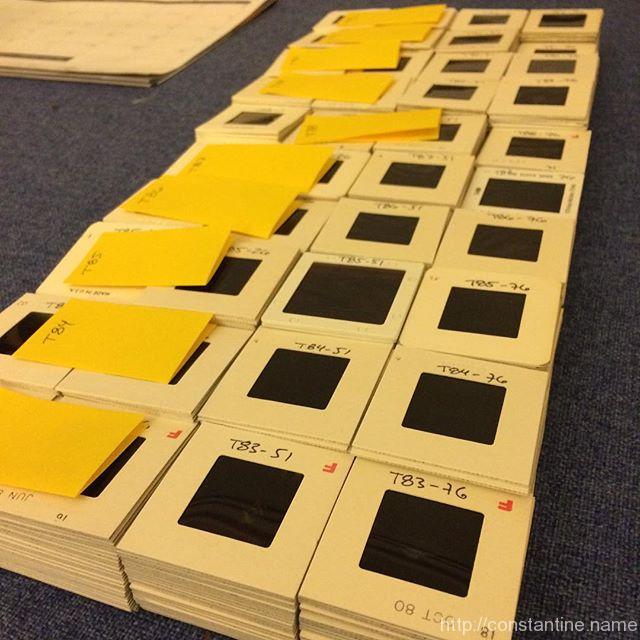It feels different to be a true listener. You fall into a different brain state—calmer, because you have no stray thoughts blooming in your head—but intensely alert to what the other person is saying. You lose track of time because you are actively following the point the other person has brought up, trying to comprehend what she means and if it relates to other points she’s brought up. Your brain may jump to conclusions, but you’re continually recognizing when that happens, letting it go, and getting a better grip on what the speaker really intends to communicate.
~ Indi Young, from A New Way To Listen
This agrees with my experience conducting interviews for the podcast. I’ve now spent several hundred hours intentionally practicing listening. I’ve learned a lot of different things in the process of interviewing and creating a podcast, but what I’ve learned about listening has proven by far the most valuable. Learning how to listen changes every interaction with another person.
Occasionally I wonder if I can sort out some small set of actionable advice from my experience thus far. I haven’t been able to yet, and I think it’s because the act of being able to objectively review your interactions is necessary. It’s one thing to have a conversation, but when it’s recorded and you can return later to review what you said, and what you thought you heard, that’s mind-altering.
ɕ


